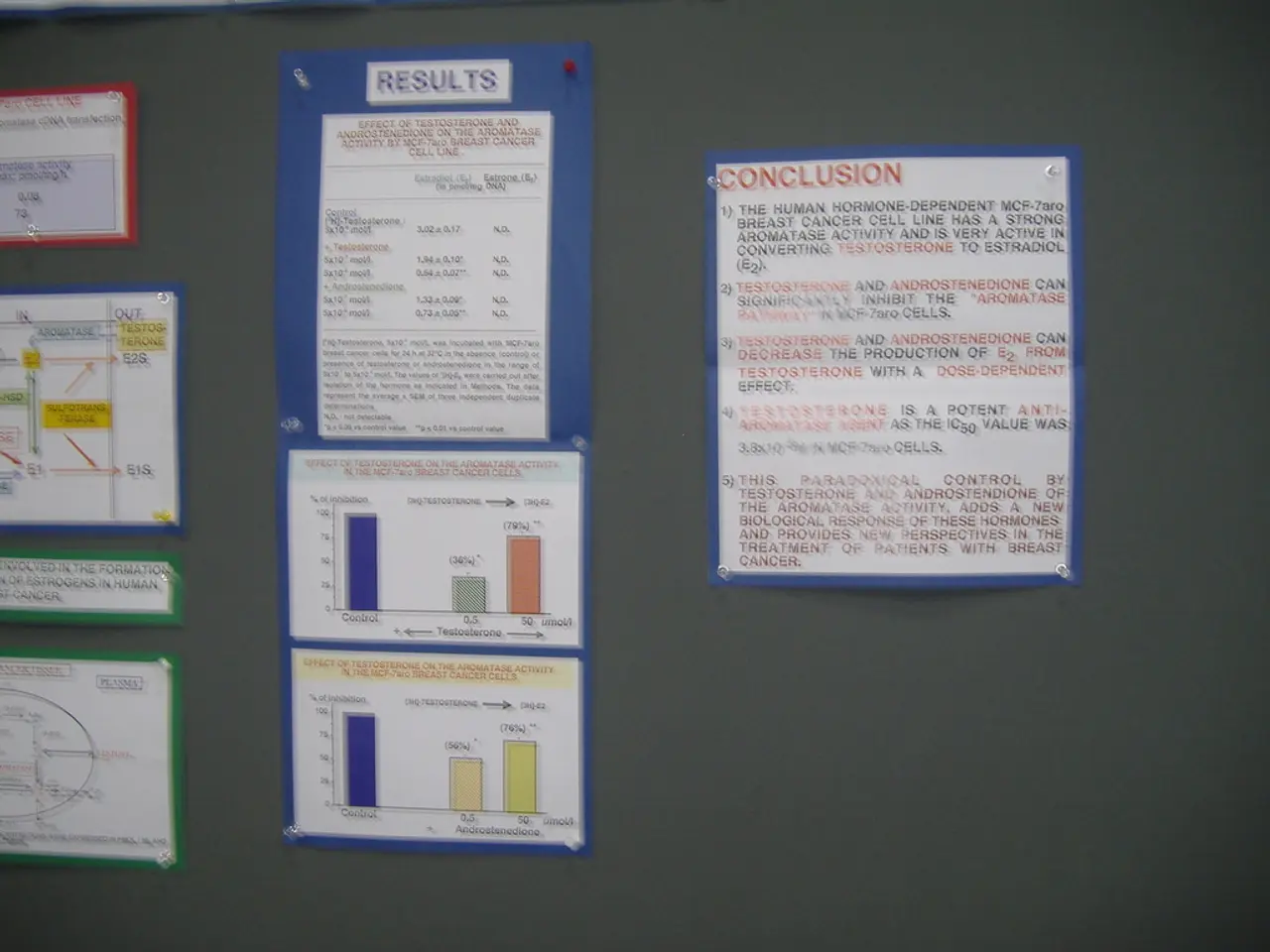Financial advisors close to Klingbeil caution against relaxing the debt limit constraint
Germany is currently grappling with the need to reform its debt brake, a constitutional rule that has been a cornerstone of the country's fiscal discipline. The reform, which aims to address a projected budget deficit of €172 billion by 2029, is a contentious issue, with the SPD and Union parties holding contrasting views on the balance between fiscal consolidation and spending priorities.
The government, led by the SPD, has established a commission to develop proposals for reforming the debt brake by the end of the year. The commission, comprising esteemed members such as Clemens Fuest, President of the Ifo Institute, Thiess Büttner, a finance professor, and former economist Volker Wieland, among others, is tasked with finding a solution that strikes a balance between necessary investments and fiscal responsibility.
The SPD, led by Finance Minister and Vice-Chancellor Lars Klingbeil, emphasizes growth, fairness, and investment in the future. The party's approach focuses on structural reforms to boost competitiveness, investments in jobs, education, housing, transport, and social welfare, while aiming for a strict budget consolidation package that includes cutting costs across ministries and closing tax loopholes.
On the other hand, Chancellor Friedrich Merz of the Union party (CDU/CSU) has relaxed some borrowing limits for defense and infrastructure but remains committed to the core debt brake. Merz calls for necessary spending cuts, including potential cuts to unemployment benefits and subsidies, to stay within budget rules. The Union tends to emphasize fiscal consolidation and cautious borrowing but supports increasing defense spending and infrastructure investment.
Discussions on exempting investments in key areas such as infrastructure, schools, and housing from the debt brake constraints to stimulate growth without breaching the rules are underway. Some economists propose reforming EU fiscal rules alongside Germany's domestic debt brake to allow limited increases in debt ratios while avoiding political risks of raising debt limits too high.
The independent scientific advisory board of the Ministry of Finance, which includes some members of the debt brake commission, has issued a caution against further easing of the debt brake. The advisors emphasize the importance of limiting new debt, given recent approvals of billions in loans. They suggest using the planned debate on reforming the debt brake to improve its effectiveness.
The Union within the coalition wants to maintain the rules of the debt brake as much as possible, while the SPD within the coalition wants to ease the debt brake, viewing it as an investment brake. Both parties acknowledge the need for reform but differ in the willingness to relax the debt brake constraints and the priority areas for spending.
The potential breach of EU guidelines could jeopardize the stability of the euro, making the reform of Germany's debt brake a crucial issue not only for the country but also for the European Union. The debate and proposals are expected to continue throughout the year, with formal political consensus and detailed proposals expected around 2026.
- The commission, assembled to reform the debt brake in Germany, is tasked with finding a solution that balances necessary investments in key areas like infrastructure, schools, and housing, with fiscal responsibility, reflecting the economic and social policy agenda of the SPD, which emphasizes growth, fairness, and investment in the future.
- The Union party, on the other hand, advocates for keeping the rules of the debt brake as much as possible, viewing it as an investment brake, calling for necessary spending cuts to stay within budget rules, while supporting increased defense spending and infrastructure investment, in line with general-news focus on politics and business.




